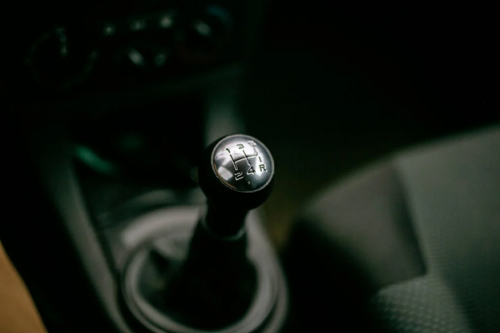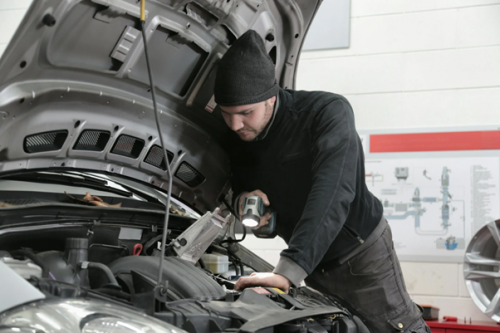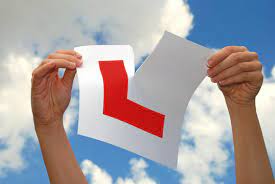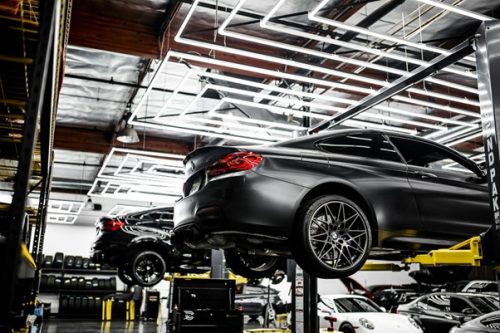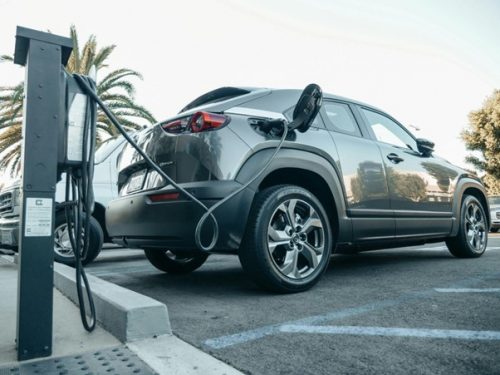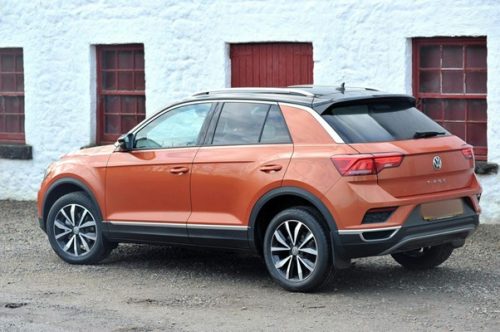
What to watch out for when buying a second hand car
Posted in: Car Insurance, Driving Tips.
Few major purchases matter quite as much as your car. Even if you are no ‘petrol head’, your car is still important. It is often your ticket to get to work and offers you freedom to go wherever you want. Yet, snapping up a second hand car can be a frustrating experience. The Citizens Advice Bureau says it receives more complaints about used cars than any other purchase each year.

So, to avoid adding yourself to the growing ranks of complainers, here are a few things you should watch out for…
Service history
Has the car you are purchasing got a full service history? If so read through it thoroughly. Take a look at the work it has had done – and when – to get a fair picture of the condition of the car.
Condition
Speaking of which, you need to properly assess what state the car is in before you buy it. Take a look at the paintwork, under the bonnet and at the interior. Ask lots of questions, especially about any imperfections or repairs you spot.

Miles on the clock
Some cars carry a price tag that seems too good to be true. That is often because it is. Always look at the mileage of the car you buy and compare this to its age. About 10,000 miles a year is fine – anything wildly above that suggests the car has been given a fair amount of thrash.
Price
These days it is so easy to find out just how much a car is worth. A few simple clicks online and you’ll know exactly what the ‘going rate’ is and whether your seller is asking for too much.
Dealer v private
There are pros and cons to buying from a private seller or dealer. Buy privately and you are likely to be able to get a better price but you won’t get the extras a dealer can offer, such as the security of a warranty or service of the vehicle. Don’t rule either option out, but don’t be blind to the strengths and weaknesses of each.
Test drive
Always take the car for a test drive – even if that means going back for a second look another day. You’ll only truly know if it’s right for you by giving it a spin.

Hand over
Make sure you get a full ‘hand over’ when you take ownership of your new vehicle. Find out all the things that are peculiar to that model – how to undo the bonnet, where to fill up water and oil and how to manage all the dashboard functions. It’s also crucial that you get copies of all the paperwork you need, for example, any MOT certificates and the logbook, plus any service records.
Running costs
The price of the car is clearly not the last you’ll spend on your motor. You can work out your car costs with online calculators. These tools can give you an idea of the ongoing price of driving the car before you part with any money. Fuel, tax and insurance costs all vary from car to car so make sure you are fully aware of what you are getting into.





